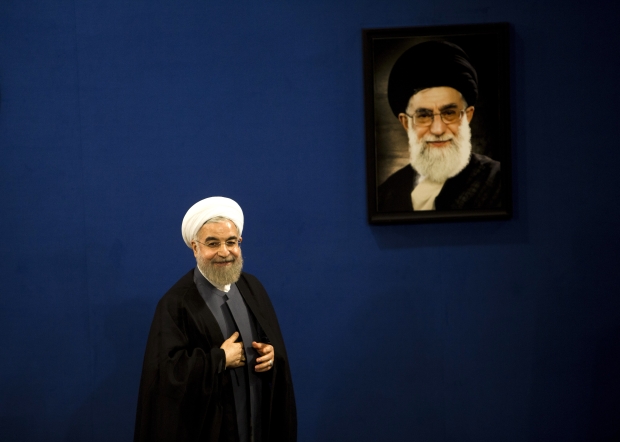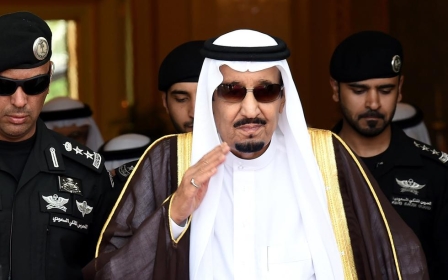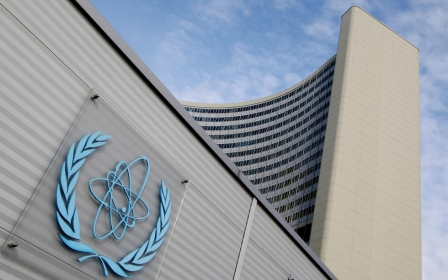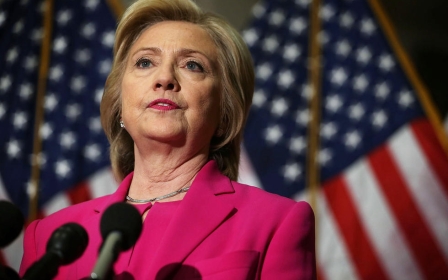Obama thanks Putin for role in Iran nuclear deal
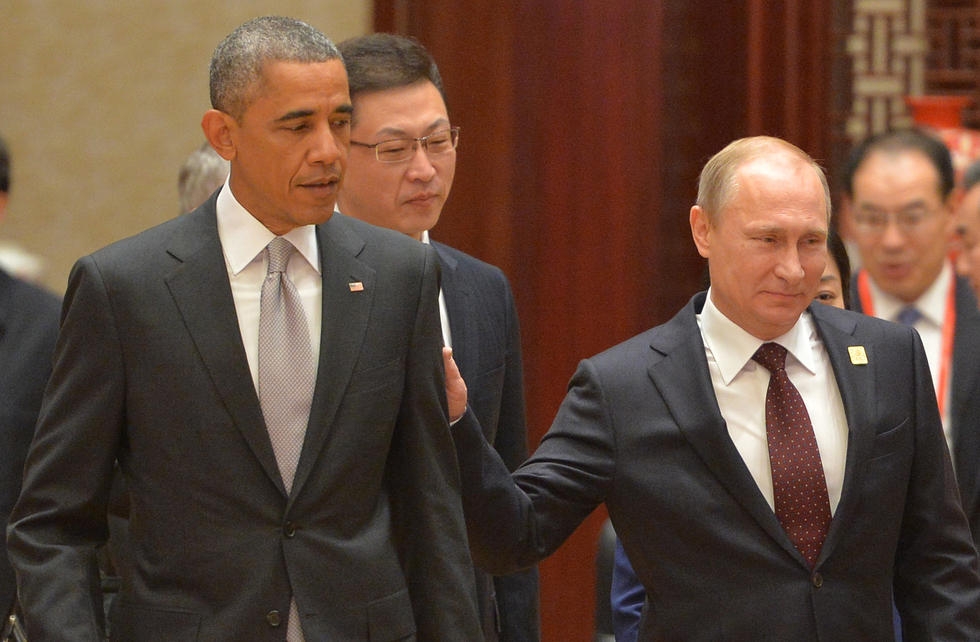
US President Barack Obama spoke by phone on Wednesday with Vladimir Putin, thanking his Russian counterpart for his role in reaching a deal on Iran's nuclear programme.
US ties with Russia have been strained to breaking point over the war in Ukraine, but Russia was an "important" part of the group of nations that negotiated the deal with Tehran.
"The president thanked President Putin for Russia's important role in achieving this milestone, the culmination of nearly 20 months of intense negotiations," the White House said in a statement.
"The leaders committed to remain in close coordination" it continued, "and also expressed a desire to work together on reducing regional tensions, particularly in Syria."
There was no mention of the ongoing violence in Ukraine.
Russia has been locked in its deepest standoff with the West since the end of the Cold War over Moscow's seizure of Crimea from Ukraine and alleged fuelling of a separatist conflict.
Ukraine lost eight soldiers on Wednesday in a dramatic spike in fighting with pro-Russian gunmen that further imperilled a truce that Washington's top European envoy is desperately trying to salvage in Kiev.
Obama has twice in two days offered praise for Russia's role in reaching a deal with Iran.
"Russia was a help on this," he told the New York Times.
"I'll be honest with you. I was not sure given the strong differences we are having with Russia right now around Ukraine, whether this would sustain itself," he said.
Khamenei tells Rouhani not to trust 'some' world powers
Meanwhile, Iran's Supreme Leader Ayatollah Ali Khamenei has warned President Hassan Rouhani that "some" world powers are not to be trusted in implementing the nuclear deal, urging vigilance for any breaches.
In a letter to Rouhani, Khamenei, who had the final word on the historic deal struck on Tuesday with six powers led by the United States, congratulated Iran's negotiators for "their tireless efforts".
Bringing the talks to a close was a "milestone", Khamenei said, but the agreement requires "careful scrutiny" before it is approved.
Rouhani "must be concerned about possible violation of commitments by the other parties and close paths to it," the leader wrote in the letter, published on his website late Wednesday.
"You are well aware that some of the six states participating in negotiations are not trustworthy at all," Khamenei said.
He did not specify which of the six countries - Britain, China, France, Russia and the United States plus Germany - he was referring to.
Throughout the almost two years of negotiations that culminated in the landmark agreement, Khamenei often spoke of his distrust of the United States.
US President Barack Obama on Wednesday confronted critics of the agreement, including Israel, saying they were at odds with "99 percent" of the world and had failed to offer any real alternative.
As the freshly inked deal was put to members of the UN Security Council, a combative and at times testy Obama said opponents at home and abroad had offered only a path to war.
"If 99 percent of the world community and the majority of nuclear experts look at this thing and they say this will prevent Iran from getting a nuclear bomb, and you are arguing either that it does not or that even if it does, it's temporary... then you should have some alternative," Obama said.
Iran has always denied seeking an atomic weapon, insisting its nuclear programme is for peaceful energy and medical purposes only.
New MEE newsletter: Jerusalem Dispatch
Sign up to get the latest insights and analysis on Israel-Palestine, alongside Turkey Unpacked and other MEE newsletters
Middle East Eye delivers independent and unrivalled coverage and analysis of the Middle East, North Africa and beyond. To learn more about republishing this content and the associated fees, please fill out this form. More about MEE can be found here.


